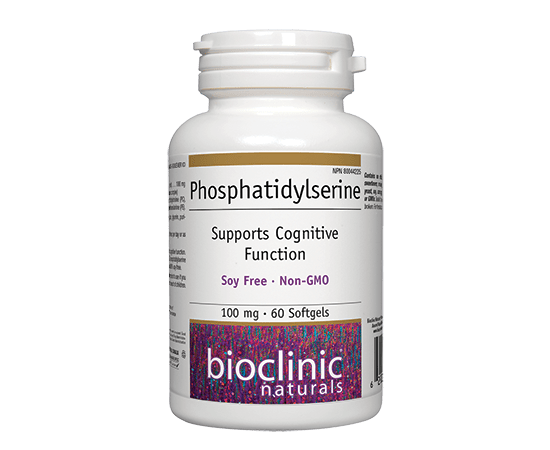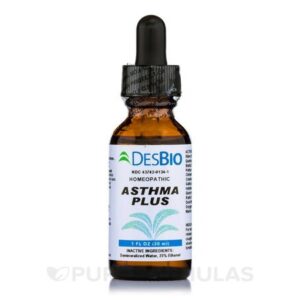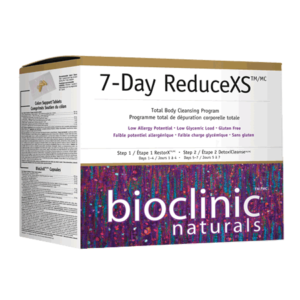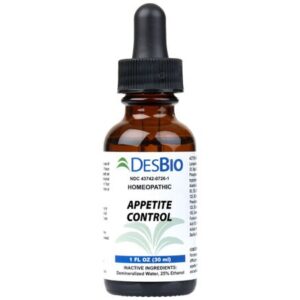Description
Benefits
- Exogenous phosphatidylserine crosses the blood-brain barrier, where it appears to have an affinity for the hypothalamus1
- In the human brain, phosphatidylserine safely slows, halts, or reverses biochemical alterations and structural deterioration in nerve cells2
- Phosphatidylserine has been shown to support the function of neurotransmitters acetylcholine, norepinephrine, serotonin, and dopamine in the brain1
- Sharp-PS® GREEN provides a non-genetically modified, 100% soy-free, and safe source of phosphatidylserine derived from sunflower oil
Feature Summary
Phosphatidylserine is the most abundant phospholipid in the brain. Along with other phospholipids, phosphatidylserine plays important roles in the structure and fluidity of cell membranes, intercellular communication, and protection of cells from damage produced by free radicals.1,3,4 Due to its presence in the brain, the effects of phosphatidylserine on the central nervous system have been widely studied.5 Importantly, clinical studies suggest that phosphatidylserine supports cognitive functions such as memory, learning, concentration, and vocabulary, which tend to decline with age.6,7,8 In addition to this role in age-related cognitive decline, phosphatidylserine has been used in Alzheimer’s disease,1 attention deficit-hyperactivity disorder (ADHD),9 depression,10 and improving mental function in young people.
In a double-blind placebo-controlled trial, the combination of phosphatidylserine with DHA showed improvement in cognitive performance in non-demented elderly with memory complaints. Specifically, verbal immediate recall was significantly improved in the treatment group, and post hoc analysis revealed that a subset of participants with relatively good cognitive performance at baseline had significant treatment-associated improvements in immediate and delayed verbal recall, learning abilities, and time to copy a complex figure.11
In the past, commercial sources of phosphatidylserine have been derived from animal sources. However, enhanced technology has enabled the development of a plant-based source of this important nutrient. Phosphatidylserine from Bioclinic Naturals is made from Sharp-PS GREEN, which is derived from non-GMO sunflower oil and is 100% soy-free.
Medicinal Ingredients
| Each Softgel Contains: | |
| Phosphatidylserine (Helianthus annuus) (seed) | 100 mg |
| (From 565 mg non-GMO sunflower lecithin complex) Also contains naturally occurring phosphatidylcholine (PC), phosphatidylinositol (PI), and phosphatidylethanolamine (PE). |
Non-Medicinal Ingredients
Softgel (gelatin, glycerin, purified water), non-GMO sunflower oil.
Allergens:
Contains no artificial colours, preservatives, or sweeteners; no dairy, starch, sugar, wheat, gluten, yeast, soy, corn, egg, fish, shellfish, salt, tree nuts, or GMOs.
Recommended Use:
1 softgel 3 times per day or as directed by a health care practitioner.
Contraindications
Consult a health care practitioner prior to use if you are pregnant or breastfeeding. Keep out of reach of children.
Drug Interactions
As phosphatidylserine is believed to increase acetylcholine levels, conjunctive use with acetylcholinesterase inhibitors and cholinergic drugs may increase acetylcholine levels and may cause cholinergic adverse effects. In addition, conjunctive use with anticholinergic drugs may decrease the effectiveness of these agents.7,12,13
- Thorne Research. (2008). Phosphatidylserine Monograph. Alternative Medicine Review. 13(3), 245-247.
- Glade, M.J., &Smith, K. (2015). Phosphatidylserine and the human brain, Nutrition, 31(6), 781-786.
- Latorraca, S., Piersanti, P., Tesco, G., et al. (1993). Effect of phosphatidylserine on free radical susceptibility in human diploid fibroblasts. J Neural Transm Park Dis Dement Sect, 6, 73-77.
- Richter, Y., Herzog, Y., Cohen, T., et al. (2010). The effect of phosphatidylserine-containing omega-3 fatty acids on memory abilities in subjects with subjective memory complaints: a pilot study. Clin Interv Aging, 5, 313-316.
- Kato-Kataoka, A., Sakai, M., Ebina, R., et al. (2010). Soybean-Derived Phosphatidylserine Improves Memory Function of the Elderly Japanese Subjects with Memory Complaints. J Clin Biochem Nutr, 47(3), 246-255.
- Crook, TH., Tinklenberg, J., Yesavage, J., et al. (1991). Effects of Phosphatidylserine in Age-Associated Memory Impairment. Neurology, 41, 644-649.
- Crook, T,, Petrie, W., Wells, C., et al. (1992). Effects of Phosphatidylserine in Alzheimer’s Disease. Psychopharmacology Bulletin, 28(1), 61-66.
- Cenacchi, T., Bertoldin, T., Farina, C., et al. (1993). Cognitive Decline in the Elderly: A Double-Blind Placebo-Controlled Multicenter Study on Efficacy of Phosphatidylserine Administration. Aging Clinical Experimental Research, 5(2), 123-133.
- Vaisman, N., Kaysar, N., Zaruk-Adasha, Y., et al. (2008) Correlation between changes in blood fatty acid composition and visual sustained attention performance in children with inattention: effect of dietary n-3 fatty acids containing phospholipids. Am J Clin Nutr, 87, 1170-1180.
- Maggioni, M., Picotti, GB., Bondiolotti, GP., et al. (1990). Effects of phosphatidylserine therapy in geriatric patients with depressive disorders. Acta Psychiatr Scand, 81, 265-70.
- Vakhapova, V., Cohen, T., Richter, Y., et al. (2010). Phosphatidylserine containing omega-3 fatty acids may improve memory abilities in non-demented elderly with memory complaints: a double-blind placebo-controlled trial. Dement Geriatr Cogn Disord, 29(5), 467-74.
- Kim, HY., Akbar, M., Lau, A., et al. (2000). Inhibition of neuronal apoptosis by docosahexaenoic acid (22:6n-3). Role of phosphatidylserine in antiapoptotic effect. J Biol Chem, 275, 35215-23.
- Zanotti, A., Valzelli, L., &Toffano, G. (1989). Chronic phosphatidylserine treatment improves spatial memory and passive avoidance in aged rats. Psychopharmacology (Berl), 99, 316-21.




